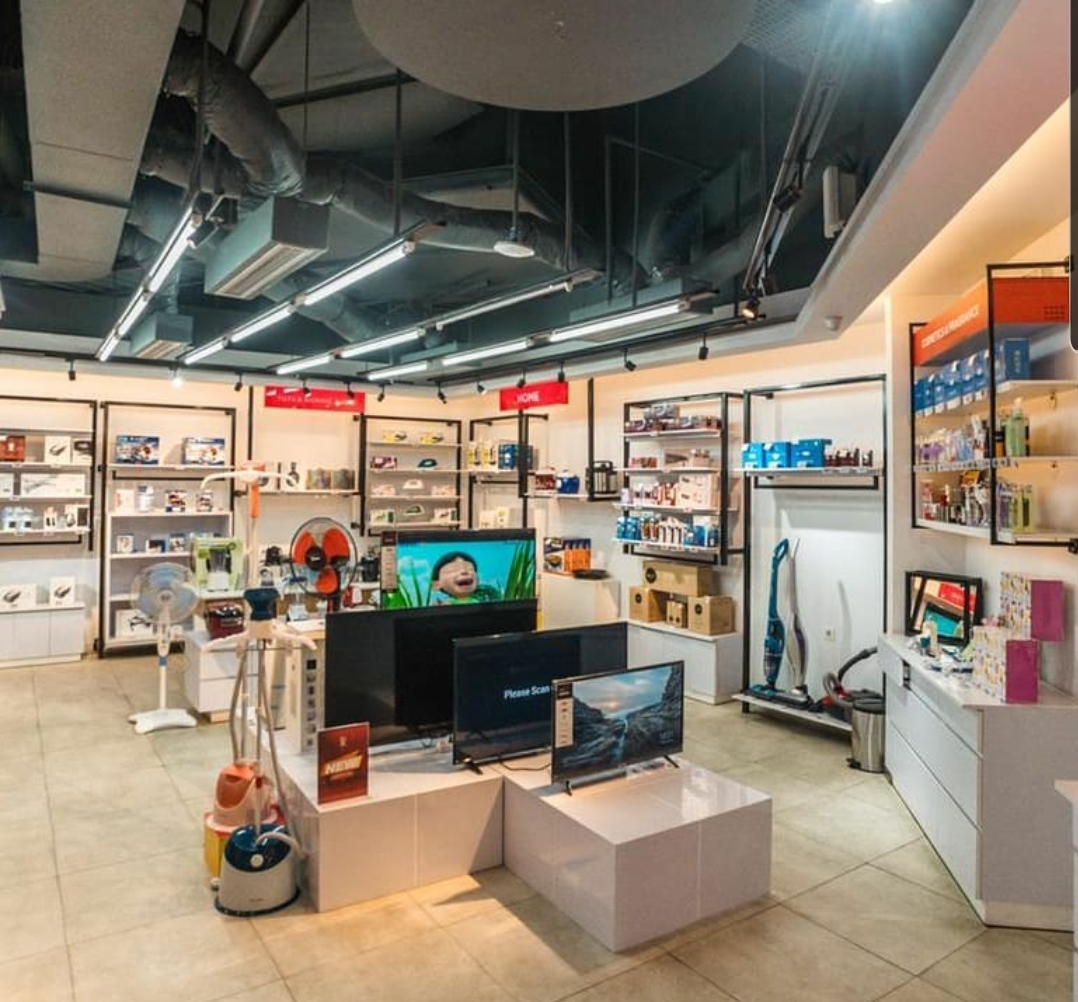E-commerce operator JD.id will open its fourth physical store in Jakarta by the end of July.
Although details about the store’s features are still sparse, a JD.id spokesperson said that all physical stores operated by the e-commerce firm utilize self-service stations and cashless transactions. Customers can pick up their online orders at these locations and pay for their purchases through JD.id’s mobile app. “We focus on customer experience, where we connect inventory on online platforms and offline platforms,” said Eyvette Tung, JD.id’s head of offline business, to KrASIA.
JD.id tapped into online-to-offline (O2O) business as early as February 2018, when it opened its JD X shop in West Jakarta’s PIK Avenue Mall. At the time, the company said JD X was “the first artificial intelligence store” in Indonesia, with features like facial scanners and RFID scanners to recognize a user’s order. The firm launched its second store, JD Hub, in the same year, and a third called Wellio in April 2021.
“The pandemic is changing consumer habits and behavior in Indonesia. With the development of technology, we believe that offline and online channels could complement each other instead of competing. We are certain that O2O is the next big thing in the near future,” said Tung.
Among Indonesia’s e-commerce contenders, JD.id was ranked 9th in visitor traffic in the first quarter of 2021. With estimated monthly visits of around 4 million, JD’s Indonesia arm is well behind competitors such as Tokopedia, Shopee, Bukalapak, and Lazada. Its expansion in O2O channels could be a tactic to set itself apart from major players. There are other e-commerce platforms that have offline retail stores in Indonesia, like BliBli with its BliBliMart, as well as beauty e-commerce portal Sociolla’s 20 brick-and-mortar shops.
“I think there is always this perception that online is a threat or inferior to the offline business; however, we think otherwise,” Tung said. “There are things that offline [retailers] can do well that online [merchants] can’t, and vice versa, so it’s important to have a presence in both channels.” When pressed, Tung did not reveal whether JD.id’s O2O program effectively drives up transactions for the company.
“We are always looking for opportunities to expand offline. We don’t have a set number of stores we are planning to open yet, but be sure to look out for us all around Indonesia in the near future,” Tung said.
In addition to its offline retail stores, JD.id also launched the Nearby Shop feature last year to support micro, small, and medium enterprises by displaying listings of MSMEs that are close to a user’s location. It is currently available in Greater Jakarta and will be rolled out in other cities soon.
Read this: With COVID infections on the rise, e-commerce platforms seek to swat down oxygen scalpers
